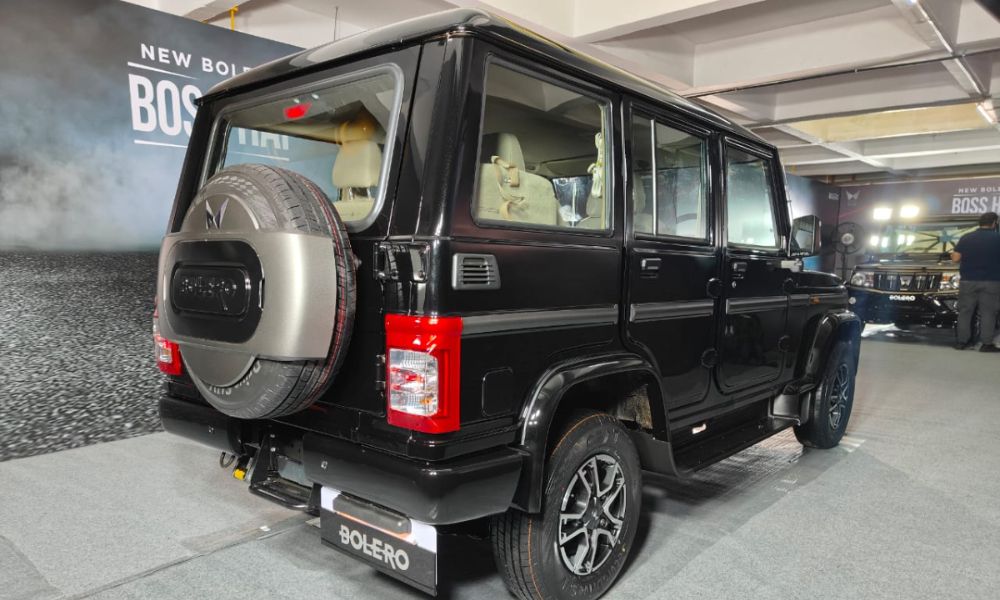

Across its entire portfolio of hybrids and EVs, Hyundai will focus on improving safety and in-car tech features
As BEV demand slows down, Hyundai will focus on developing new range extender electric vehicles. This is part of Hyundai’s new mid- to long-term strategic roadmap, referred to as the ‘Hyundai Way’. Hyundai will continue to focus on BEVs as well, although not as aggressively as planned earlier.
Hyundai range extender EVs – Key details
Users can expect an exhilarating performance, as Hyundai’s range extender EVs will be offered in an all-wheel drive format. They will have dual-electric motors. With the new powertrain and power electronics (PT/PE), Hyundai’s new range extender electric vehicles will offer a range of more than 900 km. In range extender EVsthe ICE engine works as a generator to charge the battery pack. Propulsion is provided via the electric motor that connects to the battery pack.



Hyundai’s new range extender powertrains will be seen first with the Genesis and Hyundai branded D-segment SUVs in the United States. In China, the C-segment models will be getting the range extender powertrain by 2026. For its range extender EVs, Hyundai has set a sales target of 80,000 units in the US and 30,000 in China.
Hyundai will also step up focus on introducing new hybrid models. Equipped with the second-generation Transmission Mounted Electric Device (TMED-II), these new hybrid models from Hyundai will debut in January next year. The TMED-II is designed to deliver enhanced performance and fuel efficiency.



Hyundai’s new range extender and hybrid models will borrow a number of features from its BEV models. Some examples include vehicle to load (V2L) function and adaptive regenerative braking. Hyundai will focus on introducing new models in its existing compact and midsize hybrid lineup. The new models will include small, large and luxury vehicles. This will allow Hyundai to expand its hybrid portfolio from the current 7 to 14. It will include the Genesis models, all of which (excluding pure EVs) will be getting hybrid options.



21 BEV models by 2030
Although BEV demand has slowed down, Hyundai will continue to launch new models. Hyundai expects the BEV demand to recover by around 2030. In the next 6 years, Hyundai will be introducing 21 BEVs. New Genesis EV models will also be launched such as a high-performance model based on the GV60 Magma concept. Hyundai will also focus on developing its next-gen batteries, one of which is the solid-state battery packs.
Another key development is implementation of cell-to-body (CTB) technology. This technology will be seen with the upcoming Proton eMas 7. With the cells integrated into the vehicle’s body structure, the weight can be reduced by around 10%. Hyundai is also developing a nickel manganese cobalt (NMC) battery that will allow EVs to be more affordable. Battery performance will also be improved by more than 20%, as these battery packs have higher energy density.



In terms of safety, Hyundai aims to improve its battery management system with the addition of AI-based battery life management functions. Also under development is an advanced cooling system that will help prevent thermal runaway fires. Tech upgrades are also on the radar. Projects underway include a new infotainment system, new centre touchscreens, a conversational voice control system and upgrades to Hyundai’s autonomous driving tech.




